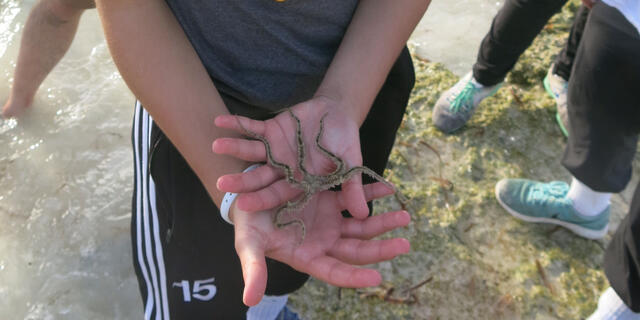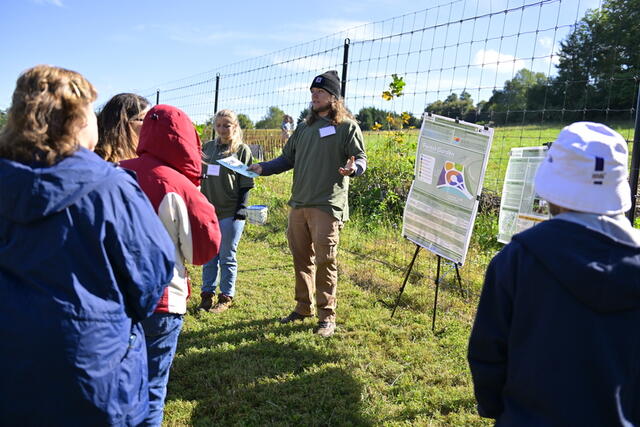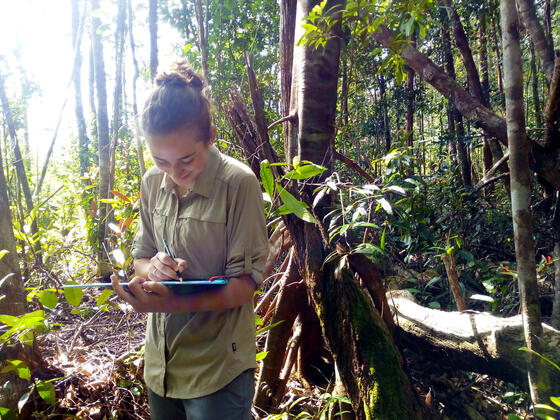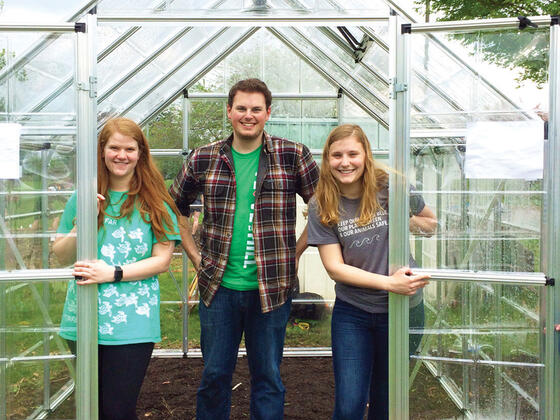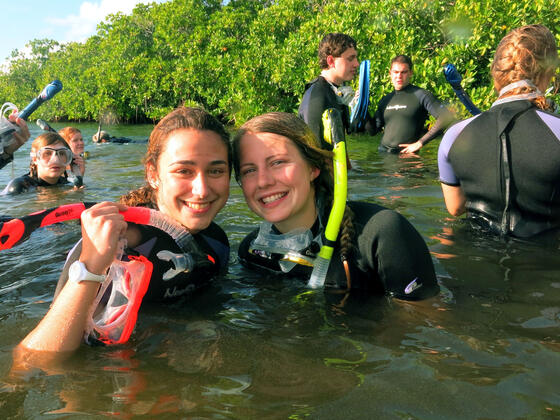Environmental Studies - Environmental Policy and Management
How do decisions get made about what happens to the health of our planet? Who gets to make them? How do these decisions affect the economy and other aspects of our society? And, most importantly, how can you get involved and make a difference?
The McDaniel Commitment in Action

Green Terror Alum Class of 2024: Carl Feibusch Practical Courses in Environmental Studies
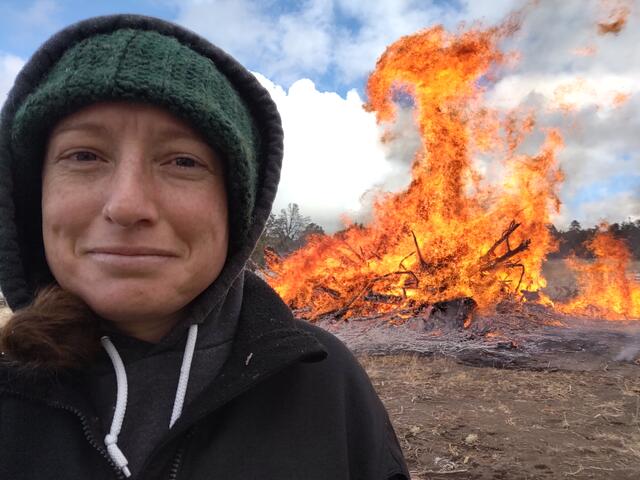
Alumni Spotlight Ellen Larson ’10
Ellen Larson ’10 always envisioned herself working for a land management agency someday. She just didn’t know what job it would be, nor what she should study to get there. “Majoring in Environmental Policy and minoring in Sociology, I was very interested in how humans interact with the environment, our behaviors, and how land management agencies play a part in those behaviors,” Larson says. In 2013, Larson got a job with the U.S. Forest Service as a wildland firefighter. She has worked for two different national forests in Arizona and traveled to most of the western states for work.
